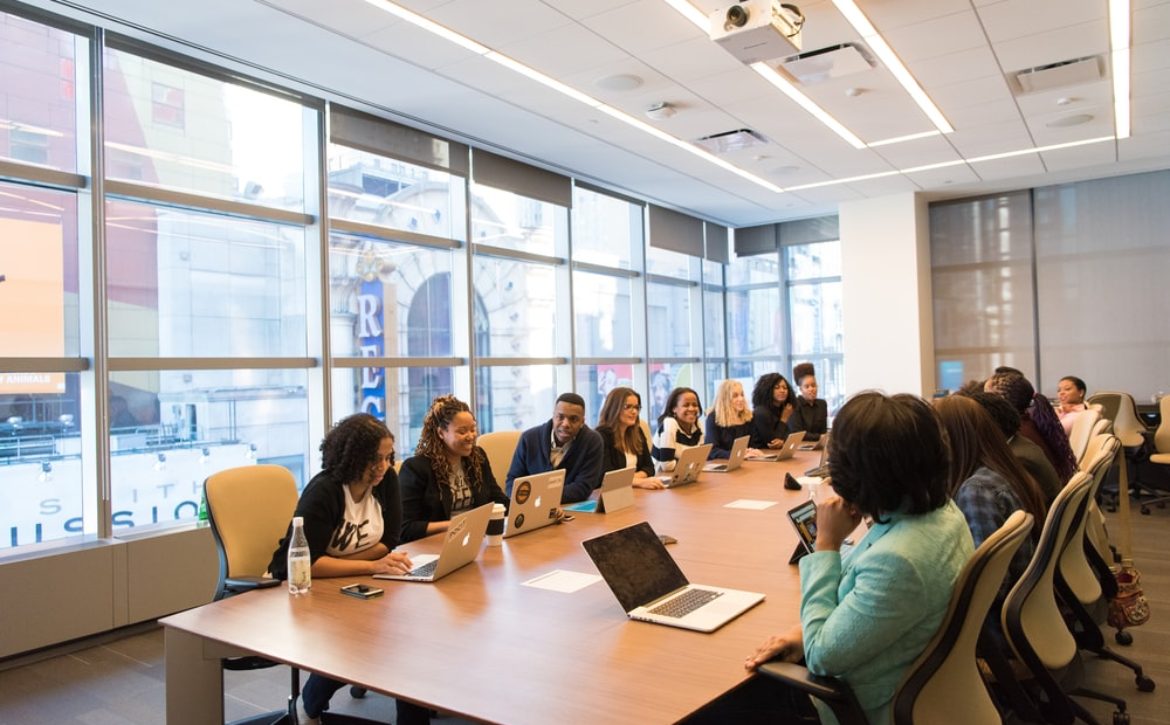Remote Working: Are We Working In Isolation or at an Advantage?
Due to recent global events, remote working has been placed at the forefront of conversation and decision making for business leaders and employees across all sectors and industries. Once considered a luxury, an opportunity to work in your pajamas, or an unsupervised paid period to ‘skive’ and watch TV, many are now realizing and understanding the true value of remote working, and the mutual benefits it can bring to both employer and employee.
The global Coronavirus emergency has caused many to re-evaluate how and where work can be carried out. As a result of medical advice to self-isolate relating to Coronavirus, businesses and employees are adapting their usual office-based workday to ensure work tasks are completed, businesses are remaining profitable and productive, whilst minimizing health risks. For many businesses, this unprecedented change in work practice has outlined that offering flexibility to employees CAN and DOES ensure productivity is maintained and it will hopefully be the start of a wider conversation about the future of how and where we work.
The Office for National Statistics suggested that in 2020, 50% of UK employees will be working remotely, with this figure set to rise as more business leaders understand and experience the benefits. Perhaps Coronavirus will be the catalyst for a percentage increase?
The traditional daily commute to the office for many conjures up images of traffic jams, packed public transport, long delays, expensive travel/parking options. A study by the Trades Union Congress (TUC) found that on average, UK workers spent 59 minutes commuting each day. Almost an hour commuting!! Removing, or significantly reducing the need for a daily commute surely can only be of benefit? Alongside the reduction in travel expenditure and frustrations associated with traveling to work, the reduction in environmental impact is equally as important if you consider the current climate crisis too.
Teamwork and collaboration are not to be disregarded or diminished in any way when considering the benefits of remote working. They can instead complement each other in creating a flexible and person-centered approach to employment. Isolation and loneliness can impact workers who solely work alone, and employers must be mindful of this when factoring in time working remotely, and time spent together as a team. Social interaction, supervision, feedback are essential elements of a successful team, in terms of both professional and individual wellbeing.
Remote working should not be a means to ISOLATE, it should be an opportunity to INCORPORATE a great work/life balance. If working remotely cannot be offered as a full-time option, due to the nature of work or necessity for team/group work and meetings, the option for it to be offered flexibly is still a major step in the right direction for considering business productivity, alongside employee wellbeing. The benefits of remote working as well as increased output due to lack of ‘office distraction’, with trust and accountability given by the employer are again to be championed and will surely lead to increased morale, output, and overall profitability. It’s a win-win for all!







